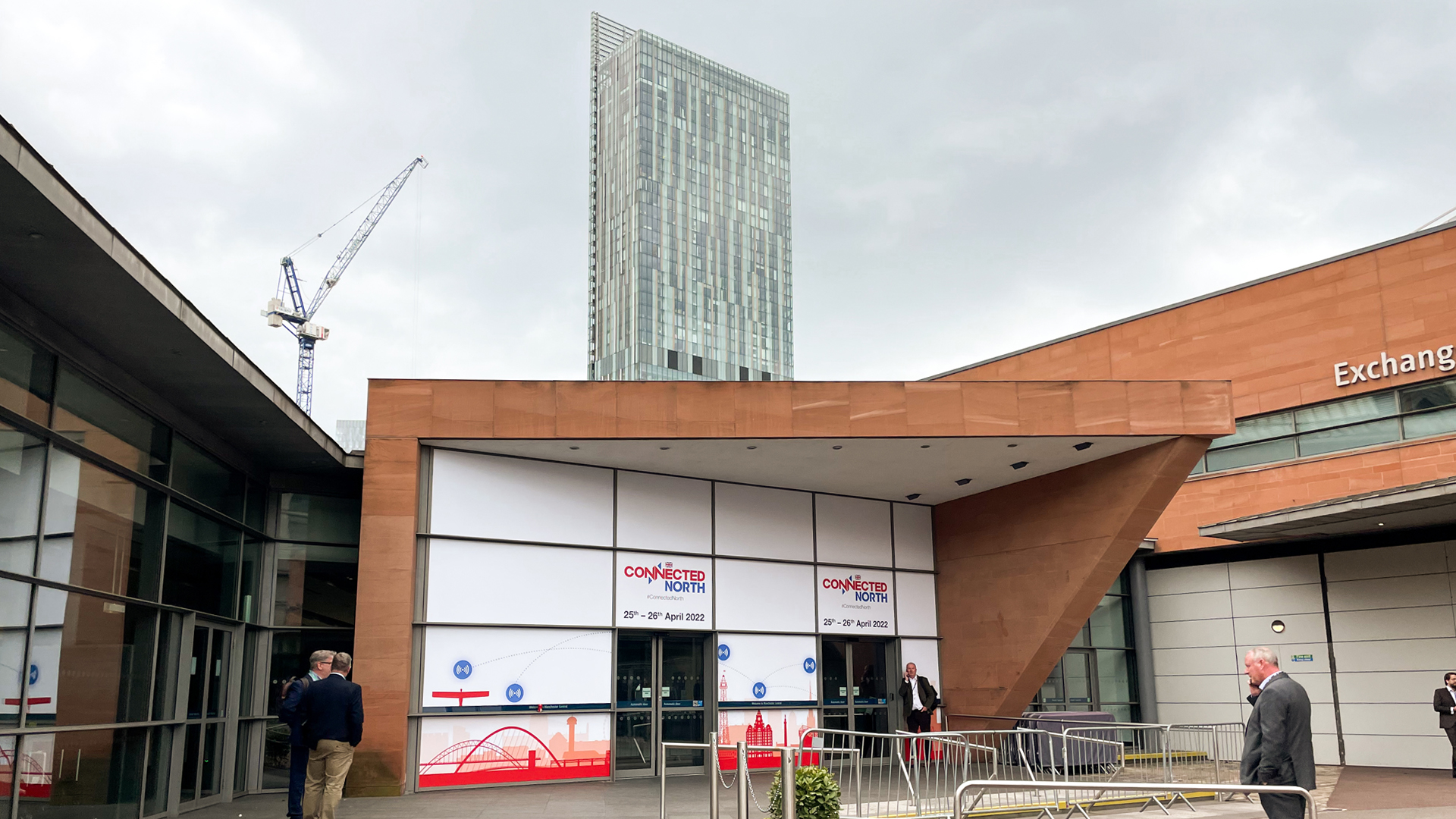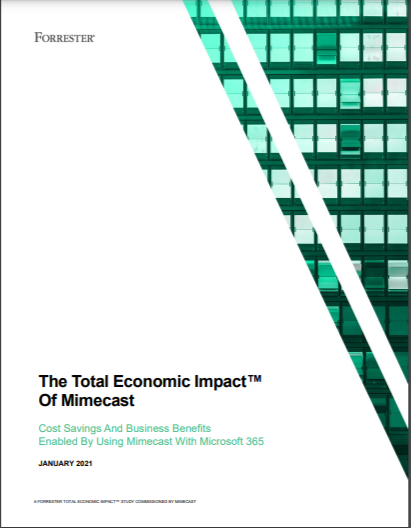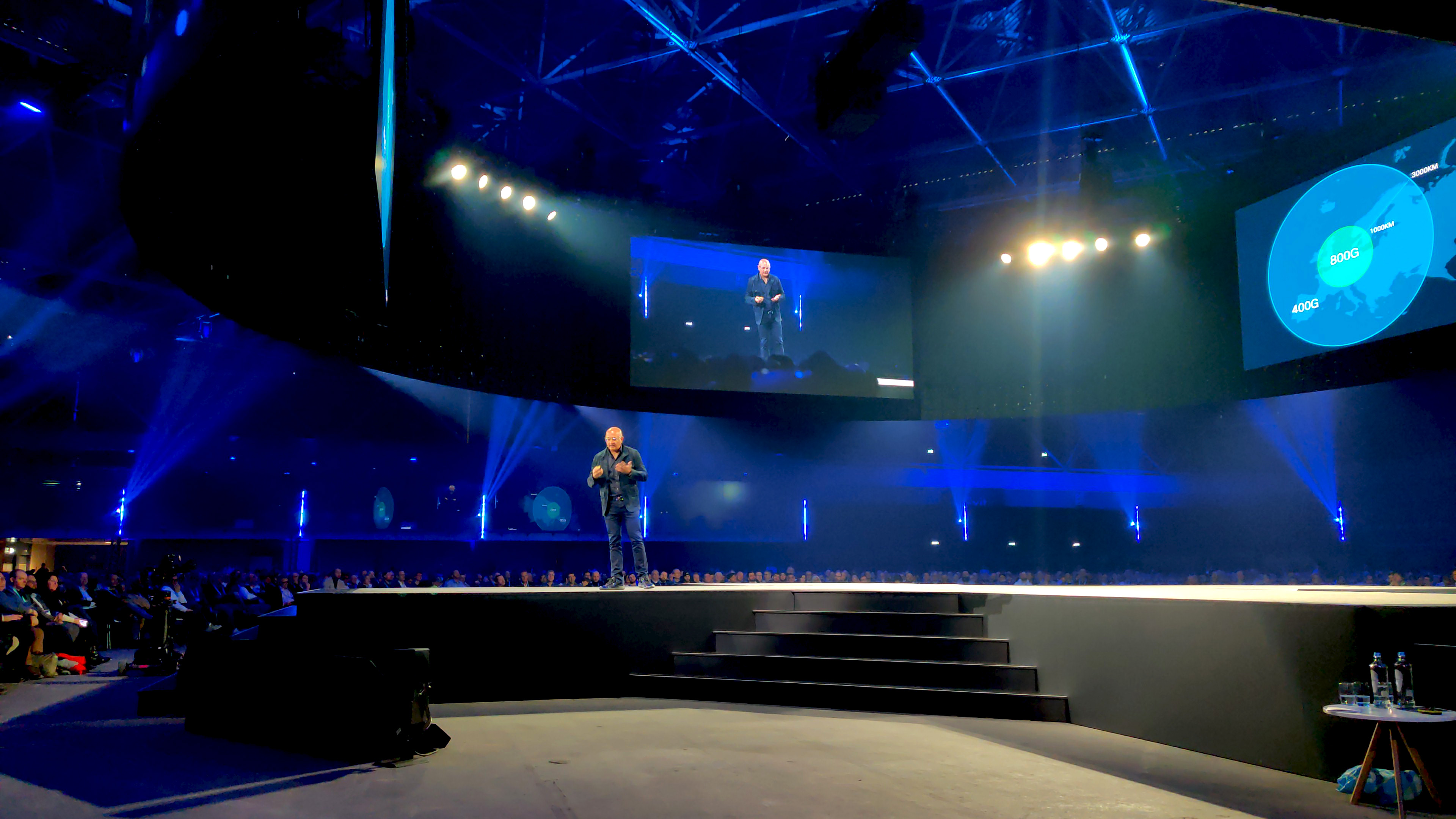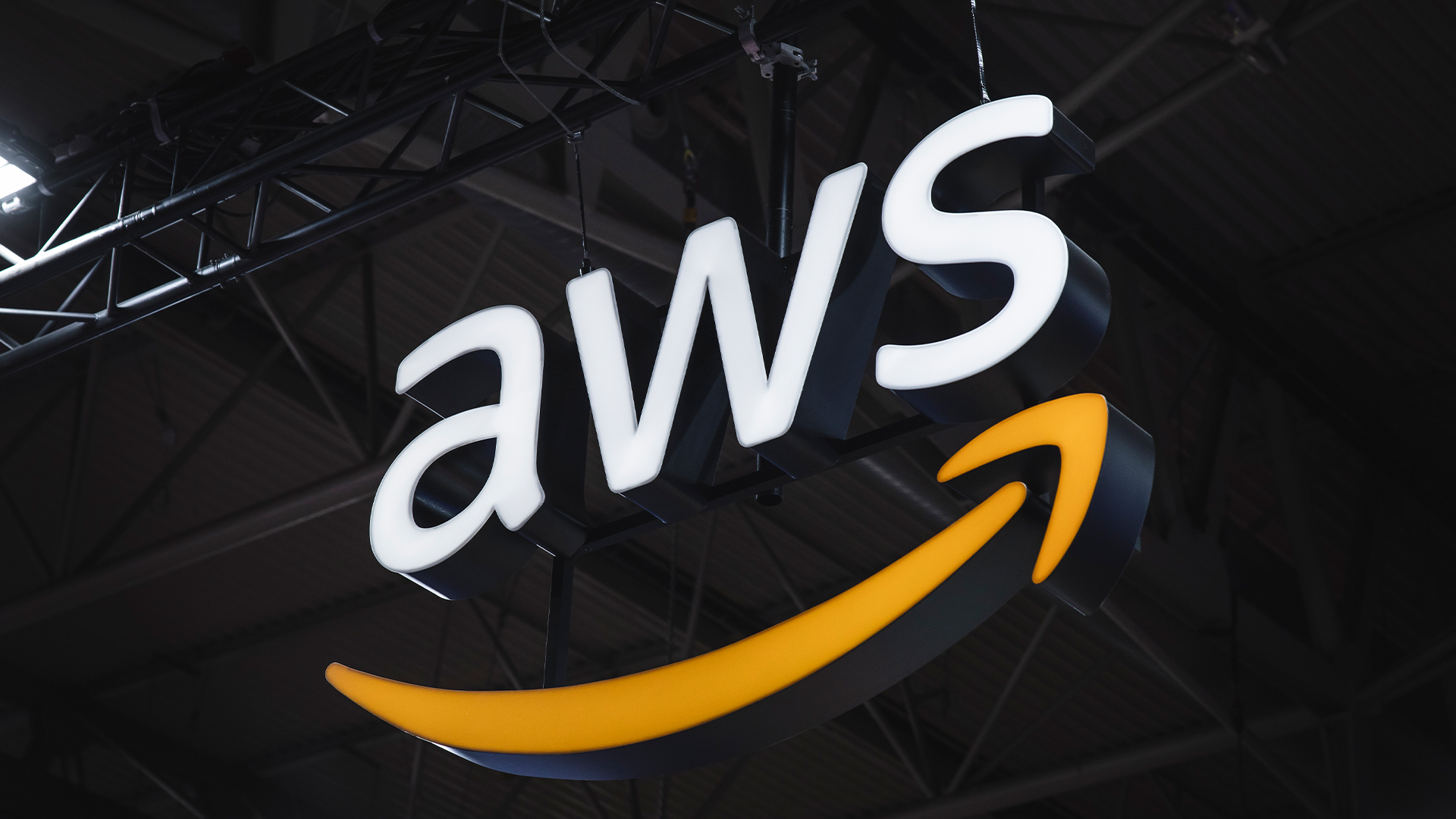CityFibre raises alarm over UK telecoms overbuilding that could lead to broadband market regression
Telecoms leaders argued about overbuilding but agreed work needs to be done to make building easier as the UK struggles with a skilled labour shortage


The rate of overbuilding by UK telecoms providers has been flagged as a cause for concern by challenger provider CityFibre, saying the market could regress to a duopoly of the biggest companies.
CityFibre founder and CEO Greg Mesch said the current rate of overbuilding, especially by Openreach and Virgin Media O2 (VMO2), is good news for the UK consumer given the better availability and choice afforded them but regressing to a market duopoly could lead to stifled innovation in the networking industry.
“The only people that are building over each other are these two, and they naturally should because we're overbuilding them, and they have to upgrade their network,” said Mesch speaking at Connected North 2022. “The reason they're having to upgrade the network is that we're going to take all the customers. It's quite simple. We’re going to take them all unless they upgrade.
“So, the only overbuilding is really taking place is by Virgin, and suddenly ‘ah, me too, I'm going to upgrade.’ Openreach: ‘me too, I'm fibre first’, which is fantastic for you, the UK nation, the UK citizens. But to be very, very clear, the world will not look very good if it's re-monopolised and the only providers are these two. It won’t look good again.”
Overbuilding is a practice in the telecoms industry whereby one provider will build a network where a competing provider already has one. If Openreach already had an active network in Prestwich, Manchester, for example, and VMO2 decided to build there after the fact, this would be known as overbuilding.
Overbuilding provides additional options for consumers but brings with it concerns of market dominance given the cost of building is so prohibitive.
Paul Kells, director of network strategy and engineering at VMO2, said its rate of overbuilding is currently at 30%, that the situation is being monitored “very closely”, but “it’s not something that’s concerning us at the moment”.
Get the ITPro daily newsletter
Sign up today and you will receive a free copy of our Future Focus 2025 report - the leading guidance on AI, cybersecurity and other IT challenges as per 700+ senior executives
Mesch also claimed the incumbent broadband providers in the UK didn’t have investment plans for fibre infrastructure before challenger brands like CityFibre were introduced to the market.
Matthew Hemmings, managing director of fibre and network delivery at Openreach, refuted the claim, saying that Openreach had focused on delivering widely available superfast broadband before targeting fibre builds.
“We've been investing billions in our network for years,” said Hemmings. “What we focused on is Openreach, not BT. Openreach has taken our network as fast as we can, and we delivered superfast for over 95% of the UK.
“That's one of the fastest superfast roll outs in the world and we think it brought greater availability to a broader population as possible in a very quick timeframe,” he added. “Now we agree the future of is fibre and we're getting on with building fibre across the UK as possible.”
Mesch added that Ofcom needs to ensure challenger providers survive “because as long as we survive, they will invest massively”. He said the UK’s service-based economy is reliant on internet delivered by “pure fibre” infrastructure and to maintain a strong digital economy, strong internet needs to be prioritised through the enabling of competition.
Mesch suggested that competition is also under threat given the prohibitive cost of building new networks. All panellists at the Connected North 2022 event - Openreach, VMO2, and CityFibre - agreed that a shortage of skilled labour is driving up the costs of building.
RELATED RESOURCE

The Total Economic Impact™ of Mimecast
Cost savings and business benefits enabled by using Mimecast with Microsoft 365
“We definitely are competing with Virgin and Openreach all the time for labour resource, and we're doing something that's silly which is: I go after a contractor that Openreach has, and I get them over on my pitch, and then we pay him money. And then Openreach comes along and says no, I want them back to my pitch and he pays them a little more,” said Mesch.
“So, we're just chasing around the same labour pool and we're driving up wages, and it's, you know, nutty stuff,” he added. “But I guess that's what you do in a competitive, challenging environment with scarce resources.”
Matthew Hemmings, managing director of fibre and network delivery at Openreach, said the company is trying to bring in 4,000 new workers every year to meet the demand for skilled labour that can install the fibre networks needed in the UK.
“We've got everybody - butchers, bakers, candlestick makers, coming into our trading schools and 16-17 weeks later, they're coming out and then we're putting them in the field and turned them into fibre joiners and cablers.”
Kells agreed that resources are scarce but added that VMO2 doesn’t need a large resource base to upgrade its fixed fibre network. Kells admitted the resource strain is most felt in the company’s expansion programme which involves the building of new networks altogether, rather than maintaining existing ones.

Connor Jones has been at the forefront of global cyber security news coverage for the past few years, breaking developments on major stories such as LockBit’s ransomware attack on Royal Mail International, and many others. He has also made sporadic appearances on the ITPro Podcast discussing topics from home desk setups all the way to hacking systems using prosthetic limbs. He has a master’s degree in Magazine Journalism from the University of Sheffield, and has previously written for the likes of Red Bull Esports and UNILAD tech during his career that started in 2015.
-
 Bigger salaries, more burnout: Is the CISO role in crisis?
Bigger salaries, more burnout: Is the CISO role in crisis?In-depth CISOs are more stressed than ever before – but why is this and what can be done?
By Kate O'Flaherty Published
-
 Cheap cyber crime kits can be bought on the dark web for less than $25
Cheap cyber crime kits can be bought on the dark web for less than $25News Research from NordVPN shows phishing kits are now widely available on the dark web and via messaging apps like Telegram, and are often selling for less than $25.
By Emma Woollacott Published
-
 Google shakes off tariff concerns to push on with $75 billion AI spending plans – but analysts warn rising infrastructure costs will send cloud prices sky high
Google shakes off tariff concerns to push on with $75 billion AI spending plans – but analysts warn rising infrastructure costs will send cloud prices sky highNews Google CEO Sundar Pichai has confirmed the company will still spend $75 billion on building out data centers despite economic concerns in the wake of US tariffs.
By Nicole Kobie Published
-
 Cisco wants to capitalize on the ‘DeepSeek effect’
Cisco wants to capitalize on the ‘DeepSeek effect’News DeepSeek has had a seismic impact, and Cisco thinks it has strengths to help businesses transition to AI-native infrastructure
By Solomon Klappholz Published
-
 CoreWeave’s first two UK data centers are now operational
CoreWeave’s first two UK data centers are now operationalNews The company's European plans for this year also include new facilities in Norway, Sweden, and Spain
By Emma Woollacott Published
-
 AWS eyes ‘flexible’ data center expansion with $11bn Georgia investment
AWS eyes ‘flexible’ data center expansion with $11bn Georgia investmentNews The hyperscaler says the infrastructure will power cloud computing and AI growth
By Nicole Kobie Published
-
 Future-proofing operations
Future-proofing operationsWhitepaper The Foundational Role of IT Infrastructure and Connectivity Solutions in Achieving Business KPIs
By ITPro Published
-
 Quantitative analysis of a prefabricated vs. traditional data center
Quantitative analysis of a prefabricated vs. traditional data centerWhitepaper Apples to apples cost analysis between data centre types
By ITPro Published
-
 Battery technology for single phase UPS systems: VRLA vs. Li-ion
Battery technology for single phase UPS systems: VRLA vs. Li-ionWhitepaper An overview of li-ion batteries in comparison to VRLA batteries for singlephase UPS applications
By ITPro Published
-
 Architecting enterprise networks for the next decade
Architecting enterprise networks for the next decadeWhitepaper A new paradigm in network architecture
By ITPro Published